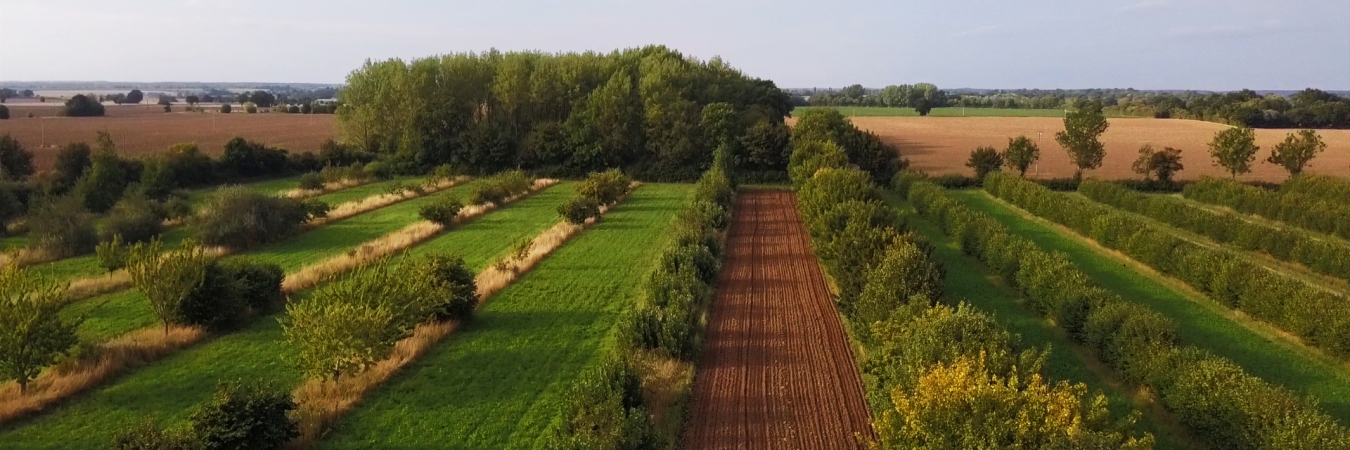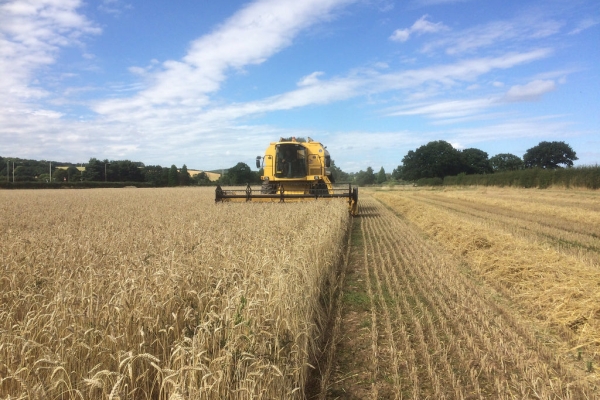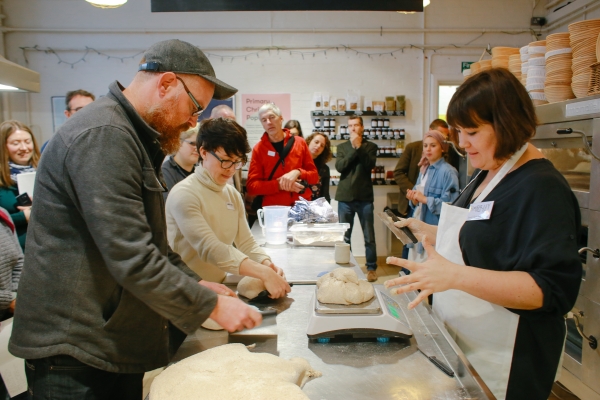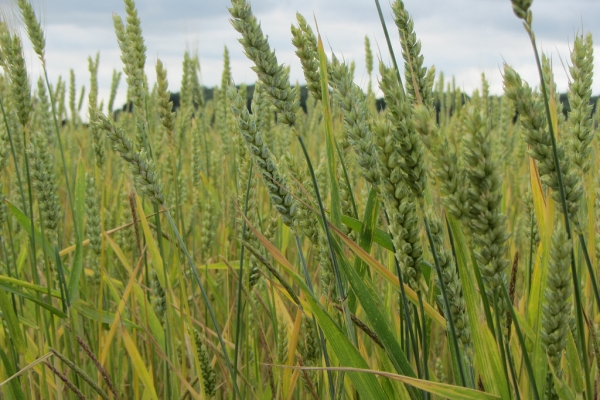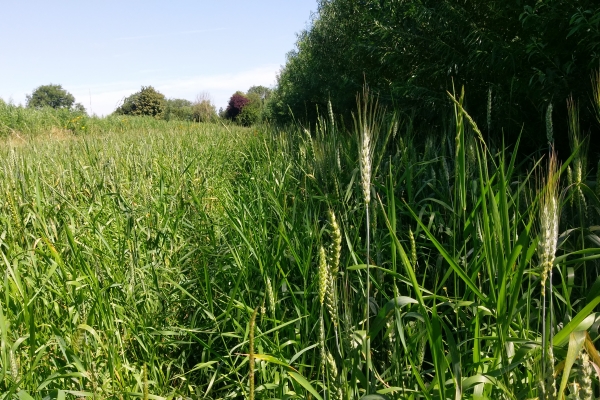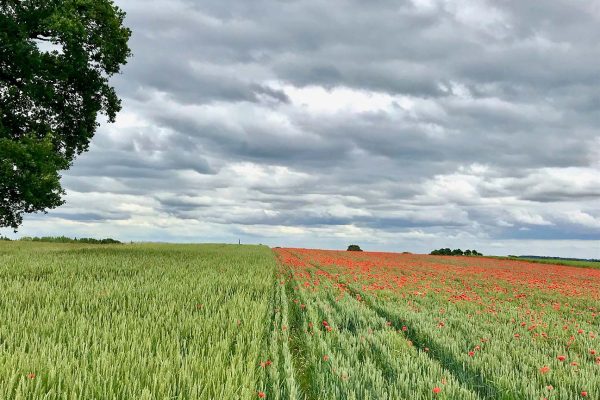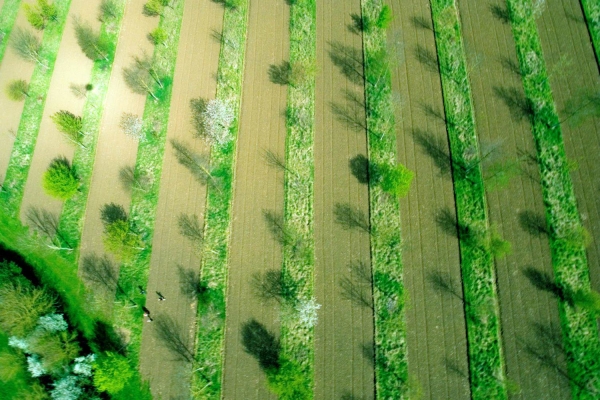Wakelyns Agroforestry: Resilience through diversity
Resource explained
Wakelyns, surrounded by a sea of large-scale conventional arable production, is an oasis of trees, alive with bird song and insects. Integrating trees for timber, energy and fruit production into an organic crop rotation, this 22.5 hectare innovative farm was established by the late plant pathologist, Prof. Martin Wolfe, to put into action his theories of agrobiodiversity being the answer to achieving sustainable and resilient agriculture. Marking 30 years of agroforestry at Wakelyns, this recently updated publication celebrates the work of Martin and Ann, fellow researchers from the Organic Research Centre and the wider research and Wakelyns community; as evolved and expanded on by their son David Wolfe and his wife Amanda from 2020. It tells the story of Wakelyns and includes sections on diverse cereal populations, impacts of added diversity on insects and birds, food and energy production, enterprise stacking, ramial woodchip trials, pond restoration and creation, research focused on tree / crop interactions, and sustainability assessments.
Findings & recommendations
- Diversity at all levels underpins the philosophy and approach to the development of Wakelyns. There are various approaches to increasing genetic diversity on the farm, including mixing different varieties of the same crop as well as mixing different species.
- Martin developed a composite cross wheat population – the theory being that natural selection then acts on the genetically diverse crop population leading to local adaptation.
- The farm incorporates 4 silvoarable agroforestry systems into an organic arable rotation. All trees are planted in north-south rows, with an organic arable and vegetable crop rotation grown in the 10-12 m wide alleys between the tree rows. Timber trees were planted in pairs of the same species. Lower limbs have been pruned to maintain form and facilitate crop management. Cut material from coppicing the hazel and willow short rotation is used to feed a woodchip boiler which heats the farmhouse. Data has been collected over the years on all elements of the different systems including tree growth and productivity, annual and perennial crop yields, incidences of pests and diseases, functional biodiversity and whole system sustainability,
- The diverse range of produce that has originated from Wakelyns over the years demonstrates how truly productive a small plot of land can be. Products have included bioenergy from willow and hazel coppice, timber, fruit, vegetables, cereals and pulses, nuts, cider, and craft materials from the willow and hazel.
- Adding trees into a farm increases the diversity of habitats and niches for different groups of species such as insects and birds. Wakelyns has a growing population of the now rare and declining turtle dove.
Download your copy of the publication here
Header image credit: Maja Lindstrom
